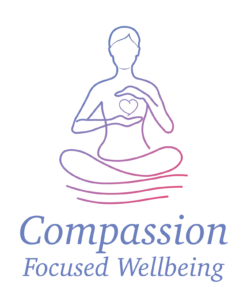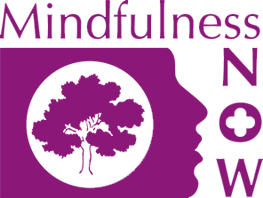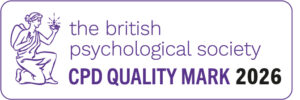A Complete Guide to Mindful Self-Compassion (MSC) and Training Opportunities in the UK
What Is Mindful Self-Compassion (MSC)?
Mindful Self-Compassion (MSC) is an evidence-based training programme developed by Dr. Kristin Neff and Dr. Christopher Germer, designed to help people cultivate the skill of self-compassion — being warm and understanding toward ourselves when we suffer, fail, or feel inadequate.
🔗 Visit the Center for Mindful Self-Compassion
🔗 Learn more from Kristin Neff’s official site
🔗 Explore books by Neff & Germer on Amazon
MSC combines the principles of mindfulness — being aware of the present moment — with the attitudes of compassion, enabling people to respond to difficult moments in their lives with kindness, care, and understanding.
The Structure of MSC Programmes
The standard MSC programme is typically an 8-week course (with an optional retreat), and includes:
Mindfulness and compassion exercises
Guided meditations and visualisations
Compassionate letter writing and journaling
Group discussions and personal reflections
Skills to manage difficult emotions
Exploring the concept of “backdraft” (resistance to self-compassion)
🔗 Read about MSC research and outcomes
MSC is not therapy, but it is therapeutic. It supports emotional healing by reducing harsh self-criticism and building resilience.

MSC Meets Other Compassion Approaches: Compassion Focused Wellbeing (CFW)
In the UK, Mindful Self-Compassion is now a key component of the Compassion Focused Wellbeing (CFW) programme — an integrated, trauma-informed course created by Nick Cooke and Madeleine Agnew.
CFW brings together:
Compassion Focused Therapy (CFT) – by Prof. Paul Gilbert
Mindful Self-Compassion (MSC) – by Neff & Germer
Mindfulness Now – a fusion of MBSR and MBCT
This unique combination supports participants in building emotional strength, overcoming shame and self-criticism, and becoming more present and kind — especially after trauma or emotional pain.
CFW Course Highlights
Introducing self-compassion through MSC principles
Understanding barriers and resistance to self-compassion
Journalling, letter writing, visualisation and movement
Teaching the CFW 8-week and 4-week youth programmes
Working with trauma and understanding ‘backdraft’
Linking self-compassion and mindfulness practices
Group teaching and 1:1 work
Creating safe, ethical, and trauma-aware spaces
Accreditation with NRPC, NCH and the Mindfulness Teachers’ Association (MTA)
Frequently Asked Questions (FAQ)
Is Mindful Self-Compassion the same as mindfulness?
No — mindfulness is about present-moment awareness without judgment. MSC includes mindfulness but focuses on how we relate to our experiences — with kindness, warmth and understanding.
Who can benefit from MSC?
Everyone — especially those who struggle with anxiety, perfectionism, shame, burnout, or emotional pain. It’s particularly helpful for carers, therapists, teachers, and trauma survivors.
Is MSC evidence-based?
Yes. MSC is backed by extensive peer-reviewed research showing significant improvements in wellbeing, emotional regulation, and resilience.
How is MSC used in the CFW training?
In the Compassion Focused Wellbeing (CFW) programme, MSC is integrated with other compassion practices to create a trauma-informed, flexible structure for both group and 1:1 settings.
Can I train to teach MSC and Compassion Focused Wellbeing (CFW)?
You can train in CFW through the UK College of Mindfulness Meditation, which includes MSC-based practices and a fusion of the MSC Programme and CFT. The CFW pathway offers a broader, integrated route for UK-based practitioners.
Learn More About Training in Self-Compassion
Self-compassion isn’t a luxury — it’s essential. Whether you’re a therapist, coach, mindfulness teacher or simply seeking tools to support your own healing, Mindful Self-Compassion and CFW offer life-changing, research-backed practices to nurture resilience and inner strength.




